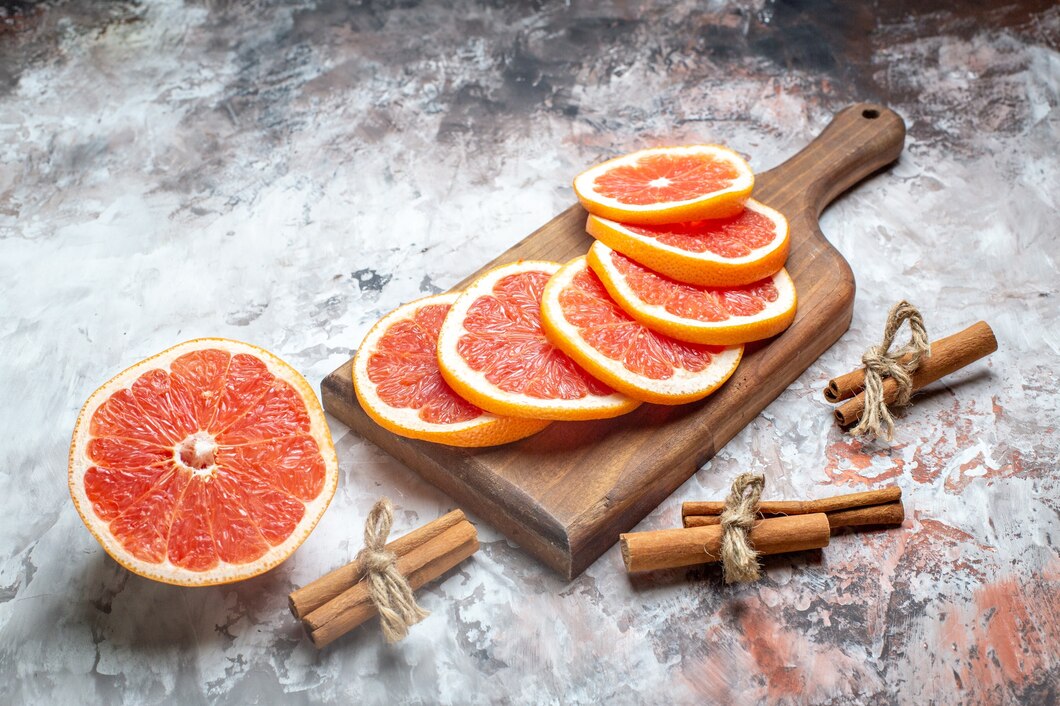Certain foods can interact with medications, potentially leading to dangerous side effects or reduced effectiveness of the medication. Here are 10 foods that can be poisonous or harmful when mixed with certain medications:
1. Grapefruit
Interactions: Grapefruit and grapefruit juice can interfere with the enzymes that metabolize various medications, leading to higher levels of the drug in the bloodstream. This can increase the risk of side effects.
Medications Affected:
- Statins (cholesterol-lowering drugs)
- Calcium channel blockers (blood pressure medications)
- Some psychiatric medications
2. Leafy Greens
Interactions: Leafy greens like spinach and kale are high in vitamin K, which can affect blood clotting.
Medications Affected:
- Warfarin and other anticoagulants, where vitamin K can reduce the medication’s effectiveness, increasing the risk of blood clots.
3. Dairy Products
Interactions: Calcium in dairy products can bind with certain antibiotics, reducing their absorption and effectiveness.
Medications Affected:
- Tetracycline and quinolone antibiotics
4. Bananas
Interactions: Bananas are high in potassium, which can be dangerous when taking medications that affect potassium levels in the body.
Medications Affected:
- ACE inhibitors and potassium-sparing diuretics, potentially leading to hyperkalemia (high potassium levels).
5. Licorice
Interactions: Natural licorice contains glycyrrhizin, which can affect sodium and potassium levels in the body, leading to increased blood pressure and other issues.
Medications Affected:
- Blood pressure medications and diuretics, where licorice can counteract their effects.
6. Chocolate
Interactions: Chocolate, particularly dark chocolate, contains caffeine and theobromine, which can interact with certain medications.
Medications Affected:
- MAO inhibitors (antidepressants), leading to increased blood pressure
- Stimulants and some sedatives, causing increased side effects
7. Alcohol
Interactions: Alcohol can enhance the effects of certain medications, leading to increased drowsiness, dizziness, and even liver damage.
Medications Affected:
- Sedatives, antidepressants, pain medications, and anti-inflammatory drugs
8. Caffeinated Beverages
Interactions: Caffeine can increase the stimulant effects of certain medications, leading to increased heart rate and blood pressure.
Medications Affected:
- Stimulants and some asthma medications
9. Fermented Foods
Interactions: Fermented foods like aged cheese and sauerkraut contain tyramine, which can interact with certain medications.
Medications Affected:
- MAO inhibitors, leading to a dangerous increase in blood pressure
10. Cranberry Juice
Interactions: Cranberry juice can affect the metabolism of certain medications, potentially leading to increased levels in the bloodstream.
Medications Affected:
- Warfarin, increasing the risk of bleeding
It is important to consult with a healthcare professional or pharmacist about potential food-drug interactions when starting a new medication. Always read medication labels and follow dietary recommendations provided by your healthcare provider. By being aware of these interactions, you can help ensure the effectiveness of your medications and avoid potentially dangerous side effects.








